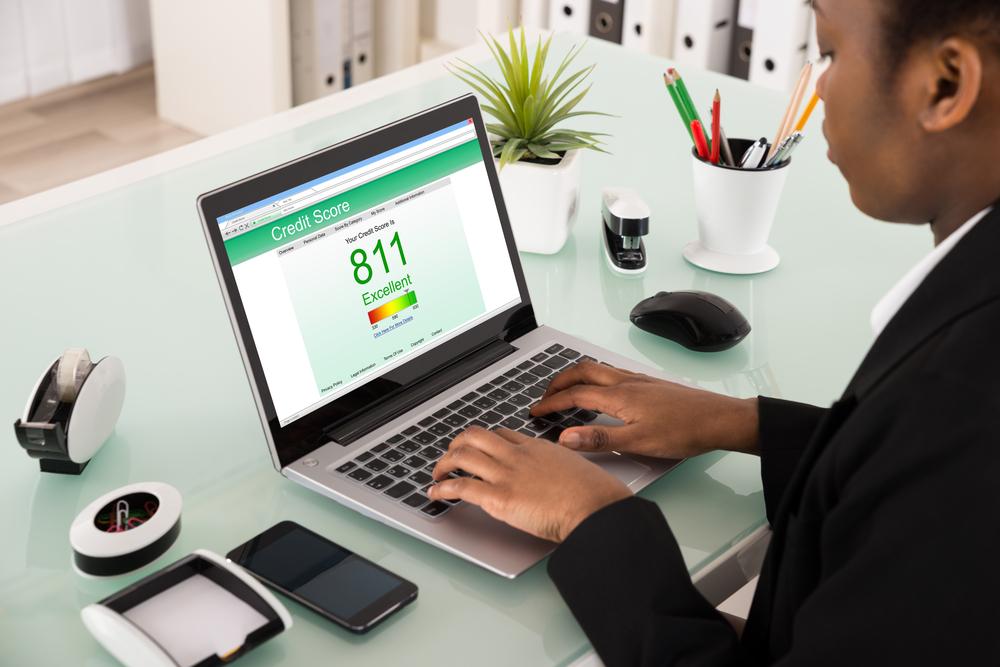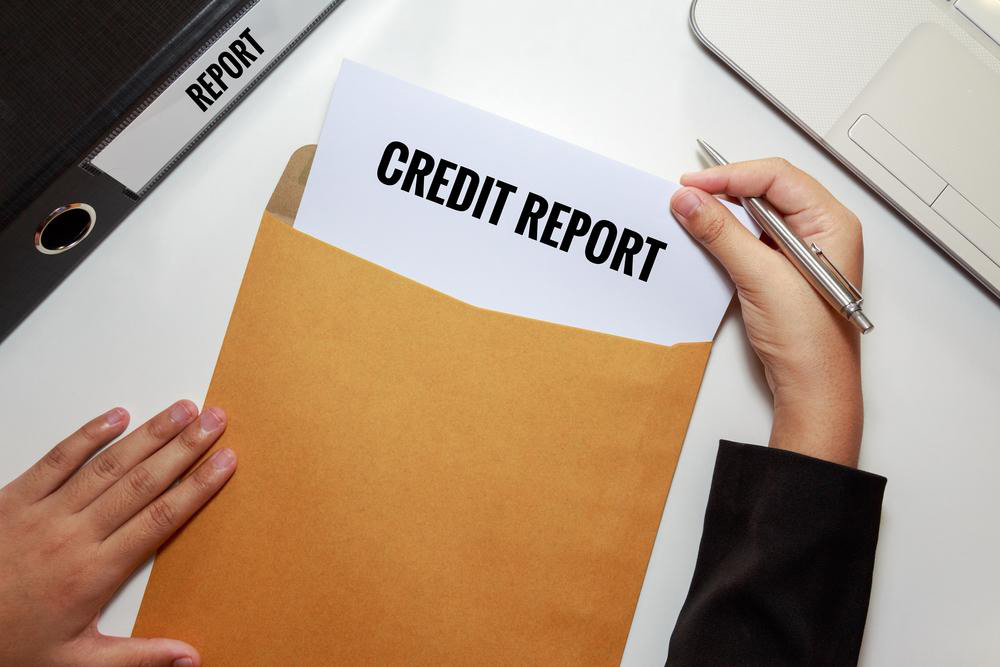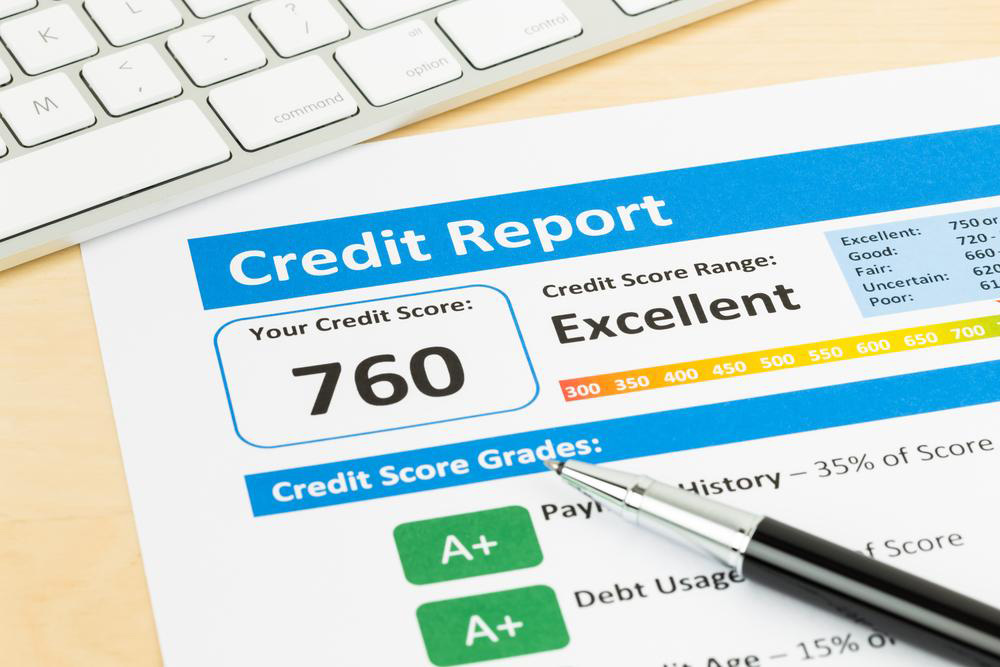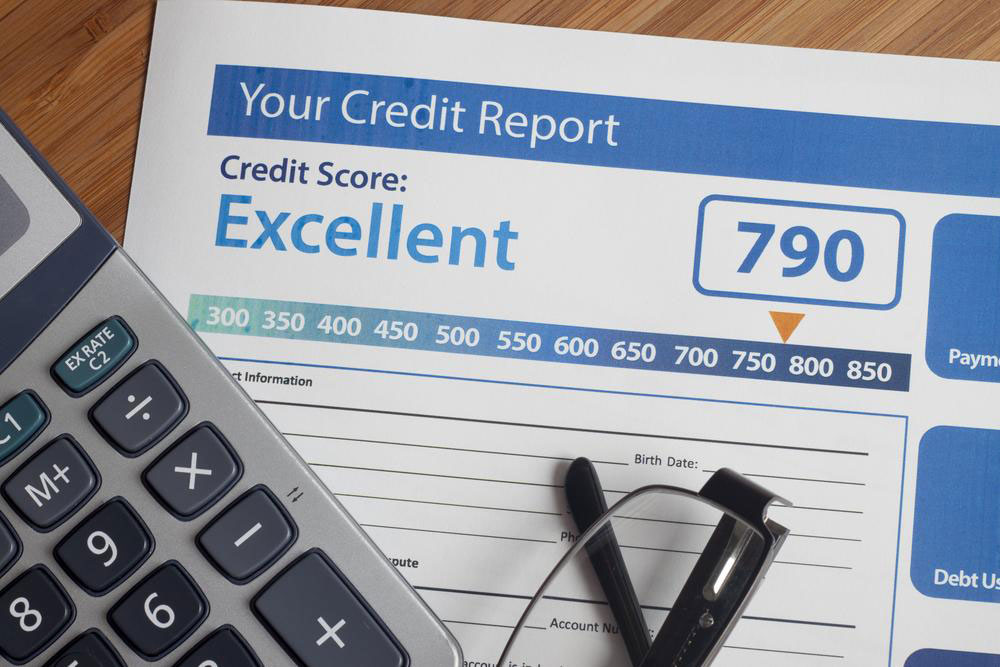A Complete Guide to Understanding Your National Credit Report
Learn the essentials of your country's credit report—what it includes, how it's prepared, who uses it, and how to access it for free online. This guide simplifies understanding credit records, important for financial decisions like loans or renting, and explains how to file complaints if needed.

What is a Credit Report in Your Country?
A credit report provides a detailed overview of an individual's borrowing history, compiled by a designated credit bureau. It includes information such as personal details, credit accounts, payment history, and inquiries. Personal data like full name, date of birth, employment info, social security number, and current/residential addresses are listed. Bankruptcies typically stay on the report for around ten years, while negative items like late payments and collections remain for seven years. The report is divided into four sections: personal details, credit accounts, public records, and report access history.
How Credit Agencies Create Reports
They gather data from multiple sources, observing bill payments and financial behavior.
Income generated comes from lenders who pay fee access charges.
The three primary agencies are Experian, Equifax, and TransUnion.
Who Uses Credit Reports?
Lenders, insurers, landlords, and employers may request access to assess creditworthiness.
Individuals can authorize employers to view their report in writing.
Getting a Free Credit Report
Everyone is entitled to one free report annually from each bureau.
Requests can be spaced out or obtained all at once based on the individual's preference.
Accessing Your Credit Report Online
The government authorizes a website, AnnualCreditReport.com, for free online reports.
All three bureaus provide online access to personal credit data.
Filing Complaints Against Credit Bureaus
Disputes or inaccuracies can be challenged if responses are unsatisfactory.
Improper use or failure to provide the report are valid reasons to complain.
Complaints should be directed to the Consumer Financial Protection Bureau via their website or phone at 1-855-411-2372.
Note:
Our website offers comprehensive insights and research on various topics. Content should not be considered definitive, and we disclaim responsibility for discrepancies or outdated data. Some schemes or offers may not be covered.










